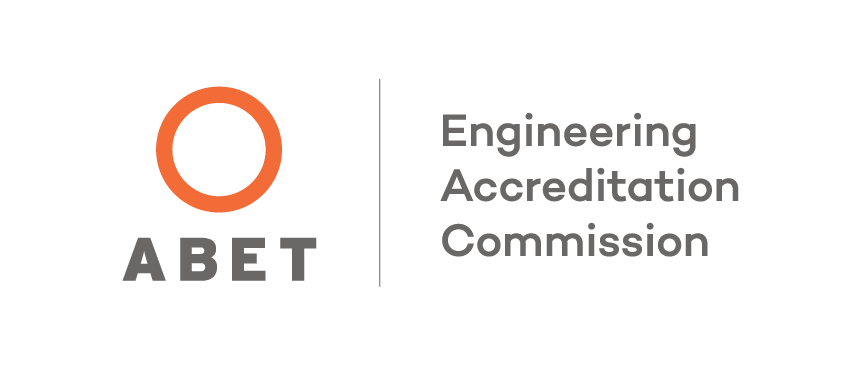 The Bachelor of Science in Chemical Engineering program at the University of Alabama is accredited by the Engineering Accreditation Commission of ABET, under the commission’s General Criteria and Program Criteria for Chemical and similarly named Engineering Programs.
The Bachelor of Science in Chemical Engineering program at the University of Alabama is accredited by the Engineering Accreditation Commission of ABET, under the commission’s General Criteria and Program Criteria for Chemical and similarly named Engineering Programs.
The University of Alabama’s Bachelor of Science in chemical engineering program is designed to be one of the most innovative engineering degree programs, allowing students maximum flexibility to select courses that will benefit them the most in support of their own career aspirations.
Department Flowcharts (starting Fall 2025)
Department Flowcharts (prior to Fall 2025)
General ChBE Curriculum Documents
Chemical Engineering Honors Program
If you have any questions about the undergraduate chemical engineering program, contact Dr. John Kim.
Program Objectives, Student Outcomes and Statistics
PROGRAM EDUCATIONAL OBJECTIVES
Within a few years of graduation, UA chemical engineering graduates will be able to:
- Provide solution strategies for a wide variety of technical applications, including the design and improvement of chemical or biological processes
- Work independently and in teams to solve problems and effectively communicate technical issues and solutions to engineering colleagues, non-technical professionals, and lay persons alike
- Make decisions that are ethical, safe, and environmentally-responsible
STUDENT OUTCOMES
- an ability to identify, formulate, and solve complex engineering problems by applying principles of engineering, science, and mathematics
- an ability to apply engineering design to produce solutions that meet specified needs with consideration of public health, safety, and welfare, as well as global, cultural, social, environmental, economic factors
- an ability to communicate effectively with a range of audiences
- an ability to recognize ethical and professional responsibilities in engineering situations and make informed judgements, which must consider the impact of engineering solutions in global, economic, environmental, and societal contexts
- an ability to function effectively on a team whose members together provide leadership, create a collaborative and inclusive environment, establish goals, plan tasks, meet objectives
- an ability to develop and conduct appropriate experimentation, analyze and interpret data, and use engineering judgment to draw conclusions
- an ability to acquire and apply new knowledge as needed, using appropriate learning strategies
 The Bachelor of Science in Chemical Engineering program at the University of Alabama is accredited by the Engineering Accreditation Commission of ABET, under the commission’s General Criteria and Program Criteria for Chemical and similarly named Engineering Programs.
The Bachelor of Science in Chemical Engineering program at the University of Alabama is accredited by the Engineering Accreditation Commission of ABET, under the commission’s General Criteria and Program Criteria for Chemical and similarly named Engineering Programs.